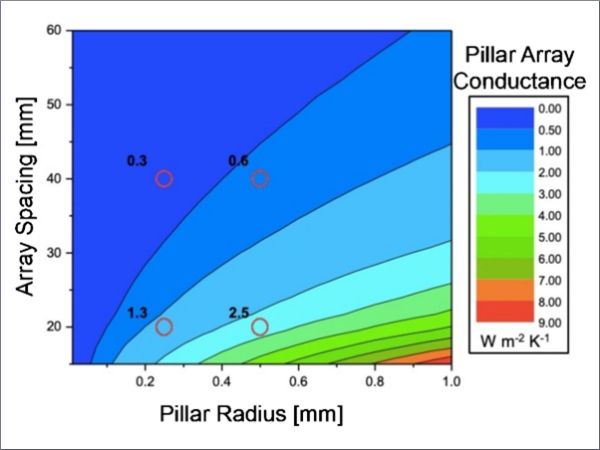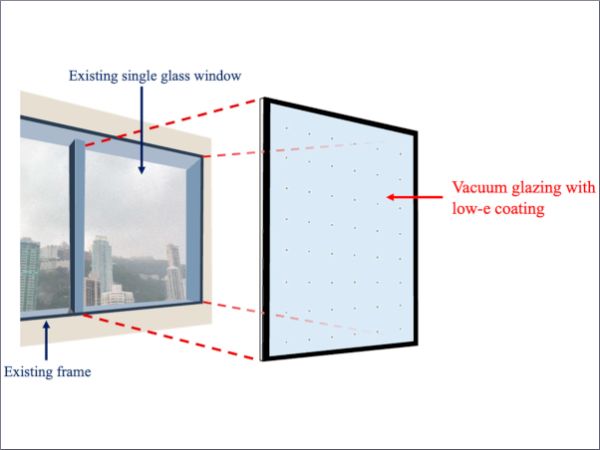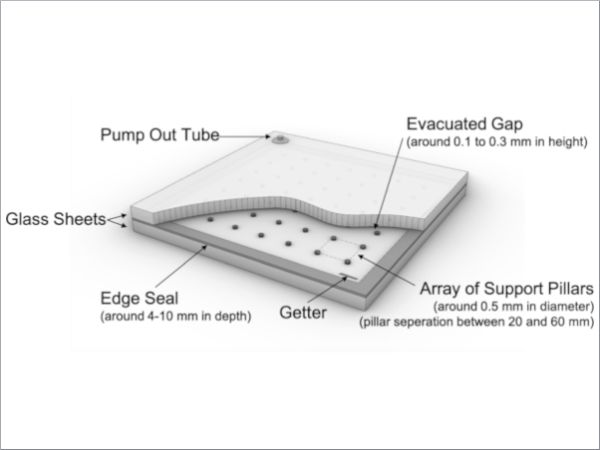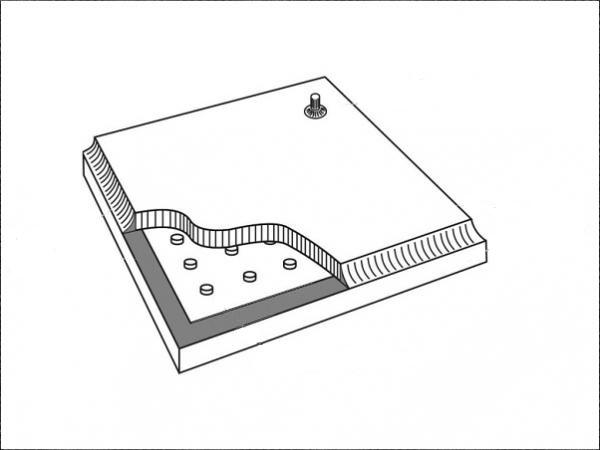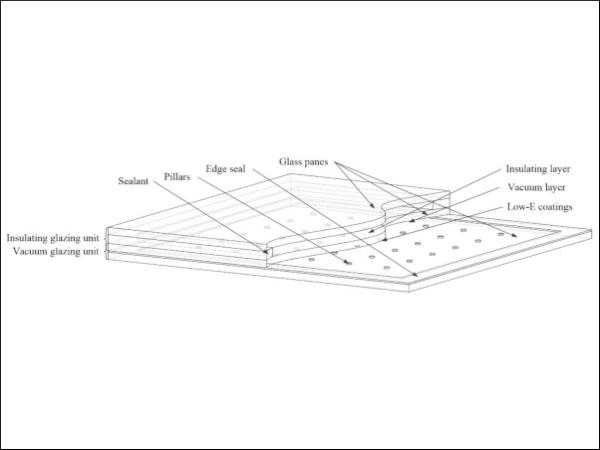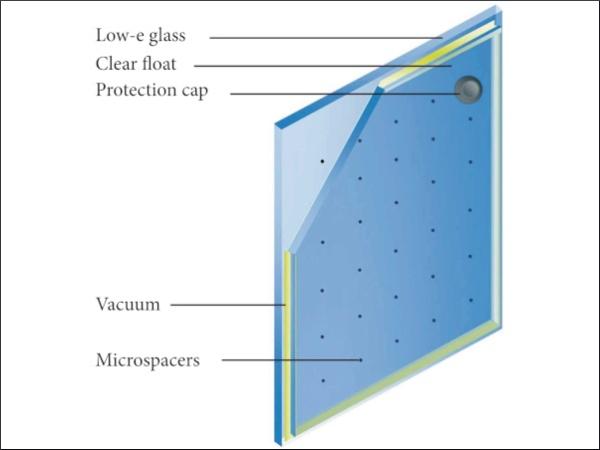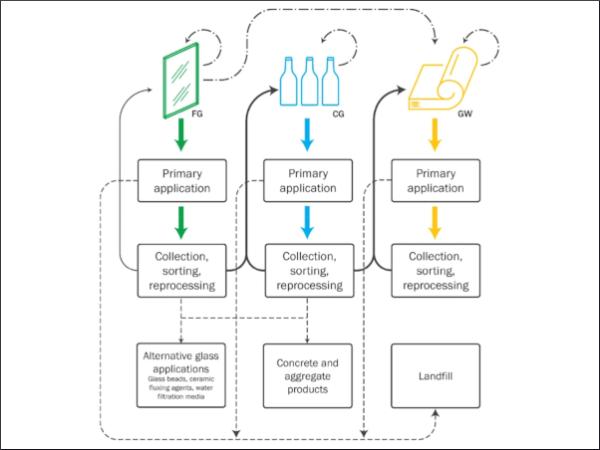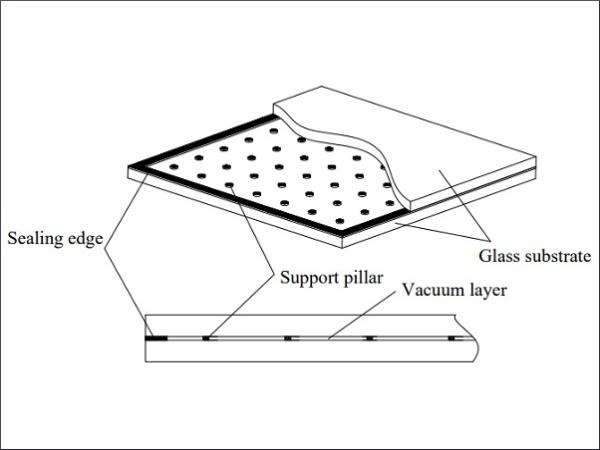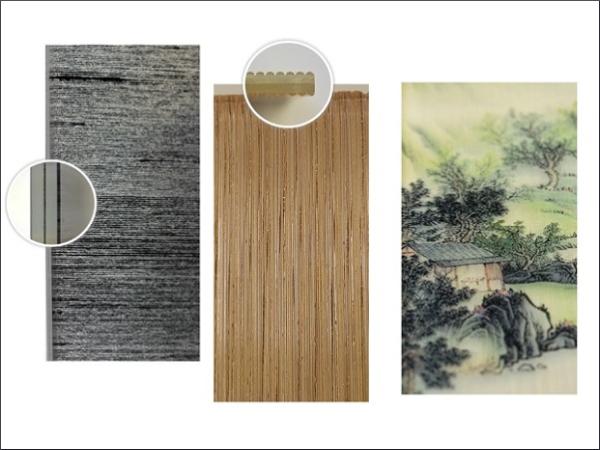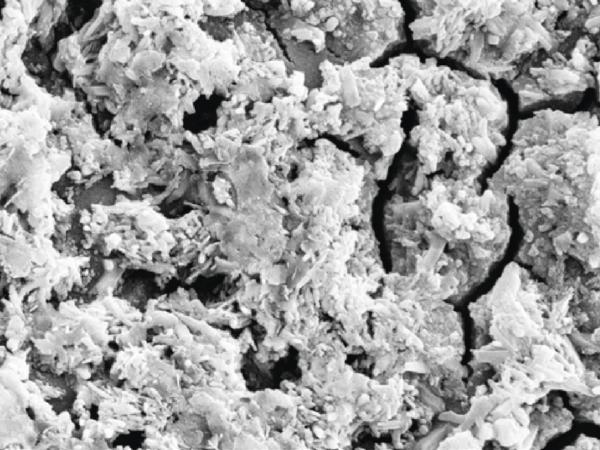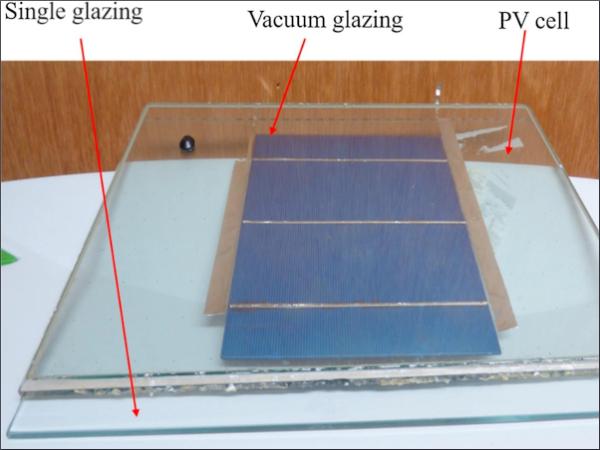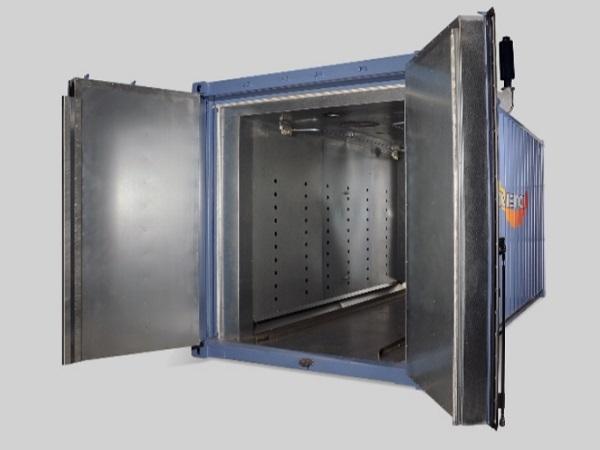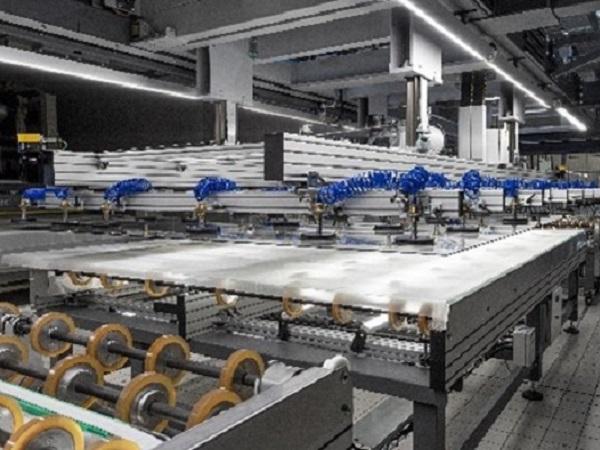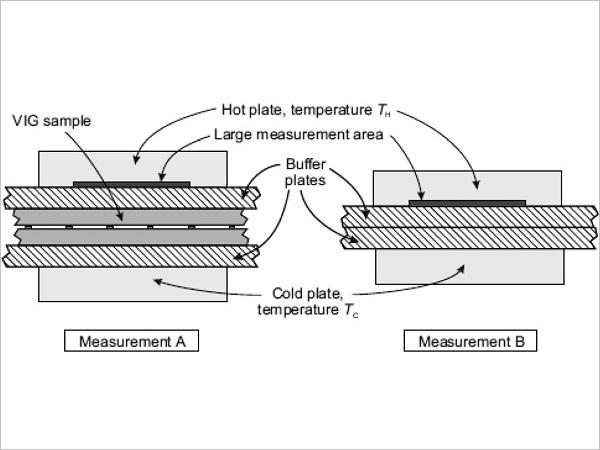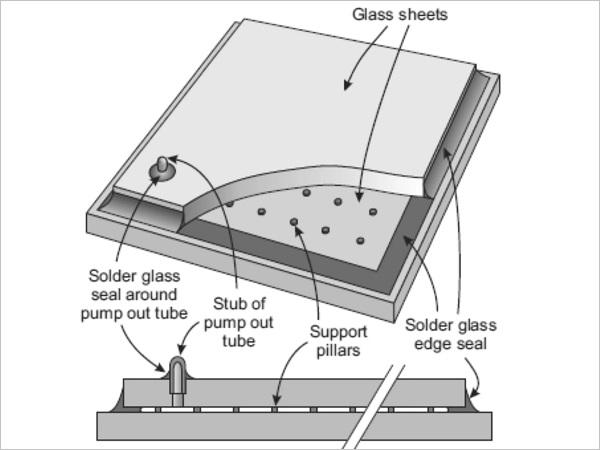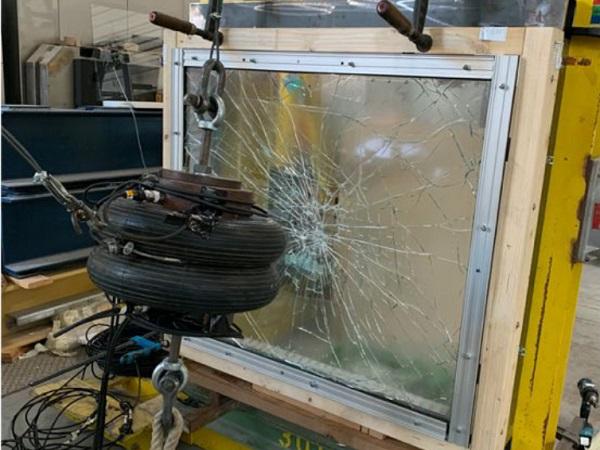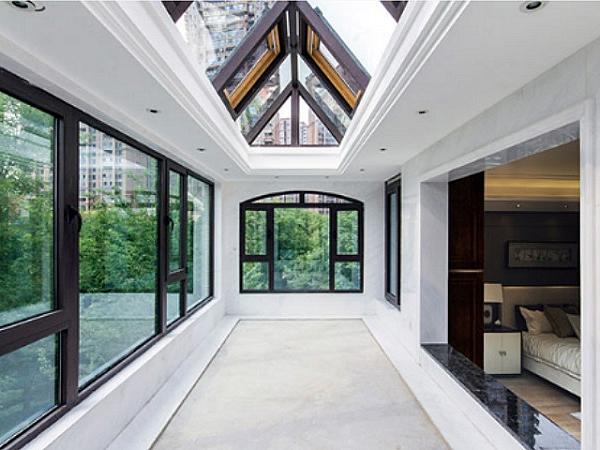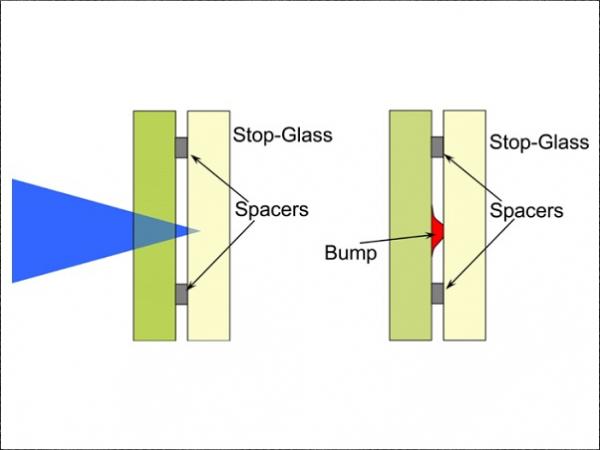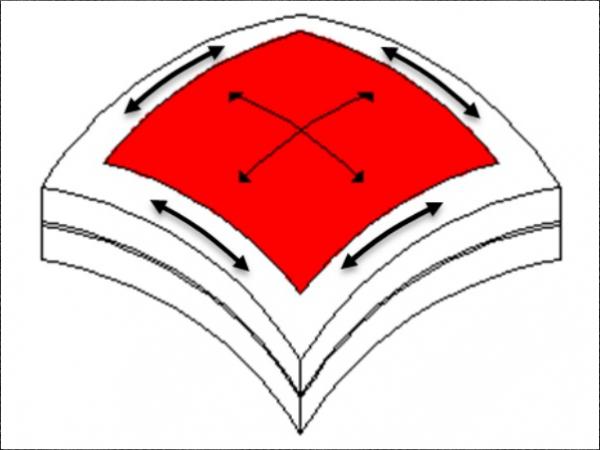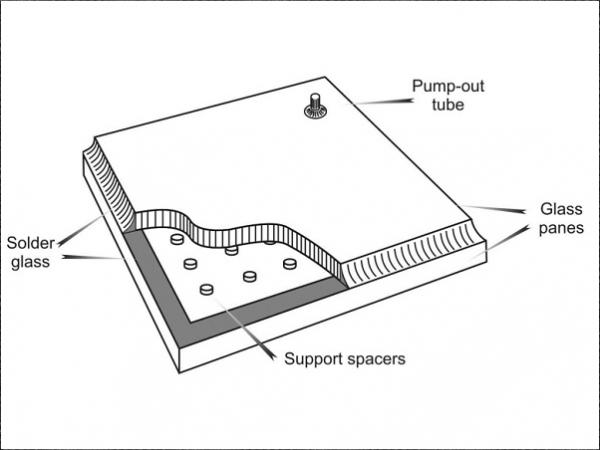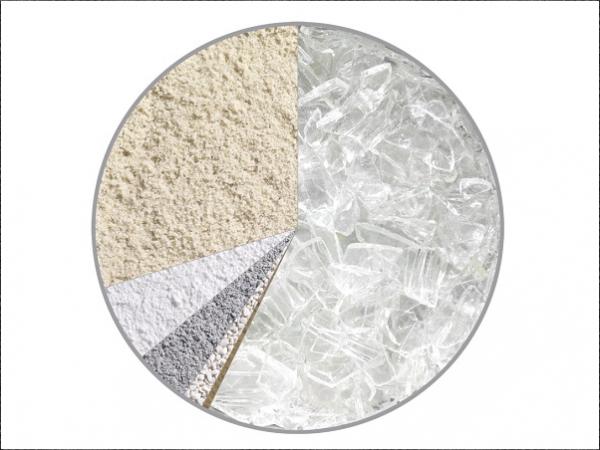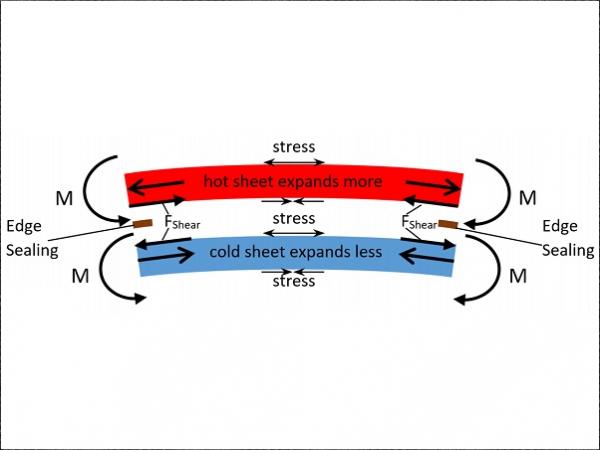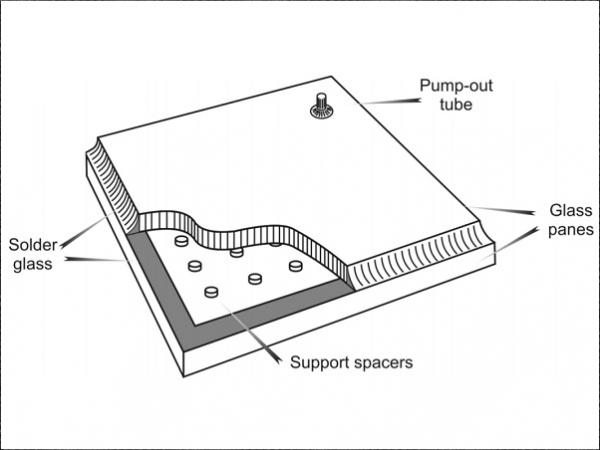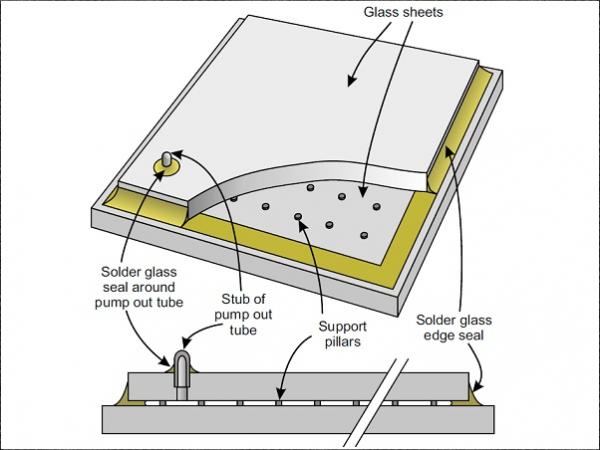Others also read
| A new study explores how the size, shape, and material of tiny support pillars in Vacuum Insulated Glass (VIG) impact both its thermal efficiency and mechanical strength — offering analytical tools to optimize VIG design for better performance.
| Retrofitting buildings is key to boosting energy efficiency and climate resilience, especially in dense, subtropical cities like Hong Kong.
| Vacuum insulating glass (VIG) has demonstrated competitive Ug-values (heat transfer coefficients) which show promise to further reduce energy consumption from buildings.
| Vacuum insulated glazing (VIG) is a glass structure where two glass panes are connected by a hermetic seal over their perimeter, with a vacuum gap between the panes.
Unlocking energy efficiency potential: vacuum-insulated glazing for sustainable buildings - Glastory
| Read more about Antti Aronen's presentation at Glass Performance Days (GPD) 2023, "An enhanced model of thermomechanical loading on a Vacuum Insulated Glazing".
| In this paper, a prediction method of the heat transfer coefficient of composite vacuum glazing (CVG) is proposed.
| This paper is a theoretical analysis of flat plate solar collectors with a vacuum glazing that investigates different configurations of the collector with a detailed theoretical model.
| This study identifies the existing supply-chain inefficiencies in the UK glass industry in three stages.
| Discover the perfect balance of sound and heat insulation with VIG multi-objective design optimization!
| This paper offers an in-depth exploration of EVA-based encapsulants, which are widely used in the photovoltaic industry but also have potential for specific architectural glass applications.
| The aim is to provide a theoretical basis for vacuum plate glazing laser sealing manufacturing.
| In this work, thermal and electrical performances of a multicrystalline silicon based PV-vacuum glazing were characterised using indoor test cell.
| This text looks at the two systems of vertical and horizontal hot boxes, as well as the laminating cycles for PVB and EVA. It also compares the process to an autoclave PVB laminating process.
| Laminating glass is a process that requires precision and safety. In order to ensure that the glass is laminated safely and to a high standard, special cleanroom requirements must be met. This includes air pressure, clothing, static charges, and cleaning protocols.
| Measurement area separated from glass sheets with buffer plates
| Measurement area in direct thermal contact with specimen
| The goal of this work is to investigate the mechanical performance of VIG’s subjected to soft body impact and gain insight into the failure mechanisms of the VIG when exposed to dynamic loads.
| Since A.Zoller has proposed the idea of vacuum glass in 1913, vacuum glass technology become more and more mature from the last 100 years.
| Vacuum Insulated Glazing (VIG) concept allows for a significant improvement of thermal insulation compared with the incumbent double-pane windows design.
| Vacuum Insulated Glazing (VIG) is a highly thermally insulating transparent flat panel that is constructed from two glass panes, separated by an evacuated sub-millimeter gap, and hermetically sealed around its perimeter.
| The vacuum insulating glazing (VIG) is a highly thermally insulating window technology that is thin in profile and light weight.
| The use of renewable energies will play a role at “glasstec 2020” as well as at its special show “glass technology live” held in Düsseldorf from 20 to 23 October 2020.
| The Vacuum Insulated Glazing (VIG) is a unique thermally insulating window technology that can provide significant advantages over the conventional insulating units.
| The Vacuum Insulating Glazing (VIG) is a highly thermally insulating window technology that outperforms existing insulating technologies.
| This article reviews the history and current status of Vacuum Insulating Glass (VIG), and discusses future possibilities for this technology.

